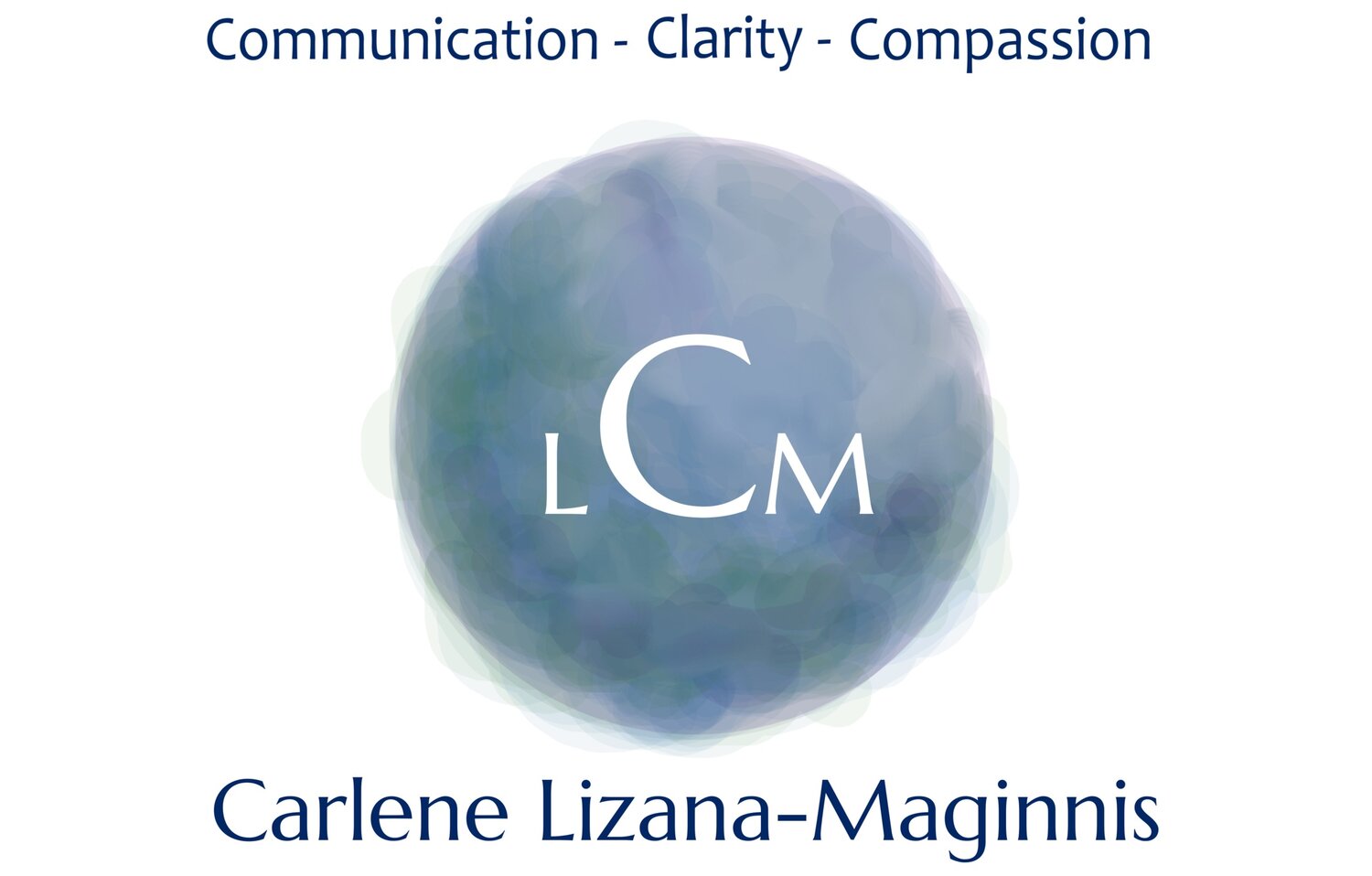I’ve been hearing a lot about conversations lately. It’s most likely because I’m offering a class on the 17th of March about having challenging conversations in the workplace and the topic is on my radar these days!
Recently, Dan Haile, an Executive Coach in Nashville, in his monthly newsletter cited an article called The Neuroscience of Strategic Leadership. Reading this was the third time the topic of conversations caught my attention. The other two ‘co-incidences’ were provided by Deb Palmer George, Palmer Solutions, during a phone conversation about neurobiology and language and my new hero, Sarah Peyton, Certified Trainer with The Center for Nonviolent Communication,where for 10 days in February I took in with curiosity every word about Interpersonal Neurobiology and the languaging of NVC.
So what is so interesting about conversations? There’s so much more to them than the dispersing of information! If we’re hardwired for connection, and we are, it really matters how the connections with one another are experienced, right? Yes!
Judith Glaser, in her new robust read, Conversational Intelligence, How Great Leaders Build Trust and Get Extraordinary Results, on the first page of the first chapter says:
“Conversations are dynamic, interactive, and inclusive. They evolve and impact the way we connect, engage, interact, and influence others, enabling us to shape reality, minds-sets, events, and outcomes in a collaborative way.”
Again, my reasoning for how Nonviolent Communication, the practice and living of it, has impacted my life is recognized and acknowledged.
During February while in Denver, I noticed the impact of conversations. A friend and I met in a local diner, Pete’s Kitchen, an old diner that provides for many just the descriptions of conversations Judith suggests. While I was waiting for my dear friend, I witnessed a waitress serving a few people who came in for the local fare. She called them by name, recognized how long it had been since she’d seen them, and inquired about specific details of their lives. Although she wasn’t a person in their lives consistently, she had information about a few of these people that had been shared by them. I listened to words she used such as “I’ve been wondering about you, I’ve missed seeing you,” and to another, “How did your aunt’s surgery turn out? Wasn’t it last week?” I watched faces warm toward one another as each entered into a relational space being provided through more than words. The resonance of the brain became active through warmth, facial expressions, and an energetic sense of care.
In NVC, the learning and practice of needs based awareness, initiates resonance of the right hemisphere to a level not taught culturally. With our focus on solutions, where getting to the bottom line becomes urgent, we miss, deeply miss, all that’s available in our conversations! Recessed in those caverns of words lie inspired connections and vivid conversations that too contribute to solutions!
One of the most effective bodies of work I’ve experienced in my training as a certified trainer with The Center For Nonviolent Communication as come through the work of John Kinyon and Ike Lasiter in the 9 month program called Mediate Your Life. I mention it here for not only the value of what it offers but also because John will be in Nashville in April for the first of 3 four days trainings. In this body of work, effective practice supported by the inherent community it offers teaches how to listen to ourselves and others before we move to solutions! As I witnessed some years ago a number of people who had invested themselves in Mediate Your Life multiple times, I was captivated by the deep integration of what was learned and experienced the tremendous value of this work’s impact.
There are a rainbow of flavors being offered when examining conversations. As I learn about them, I see the common thread inviting our human experience to slow down, listen with curiosity what’s being said, and particularly valuing the practice of NVC, using language and warmth creating the kind of relationships we were always meant to have with one another; quoting Martin Buber, Austrian Israeli Jewish philosopher best known for his philosophy of dialogue:
“A dialogue is a conversation where the outcome is completely unknown.”
Leaning In!
carlene

